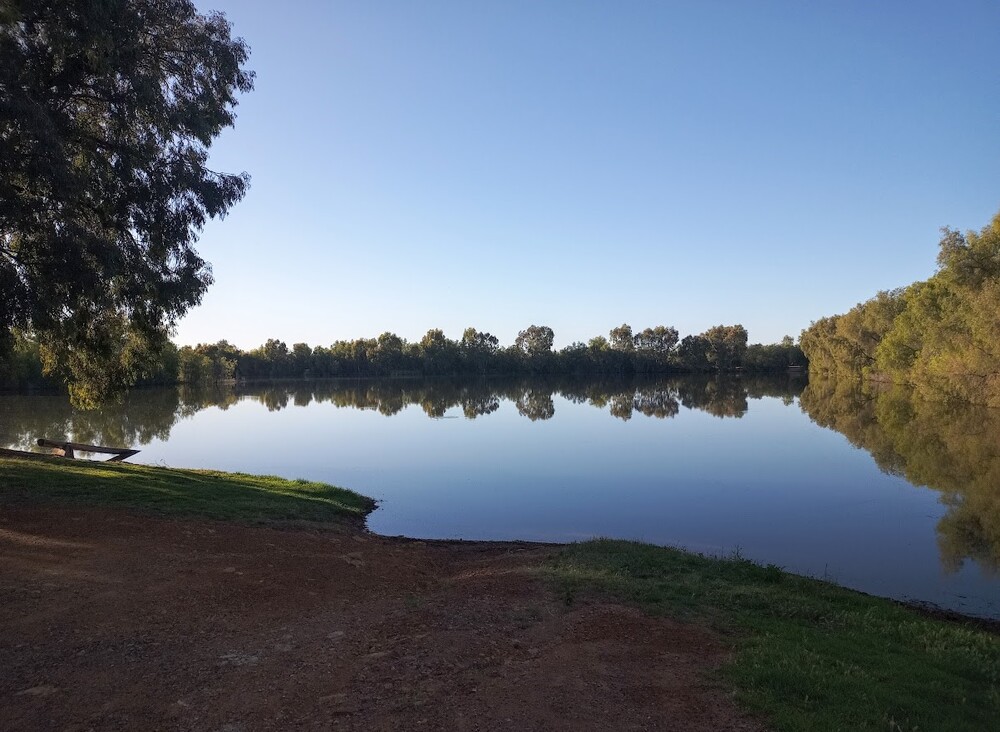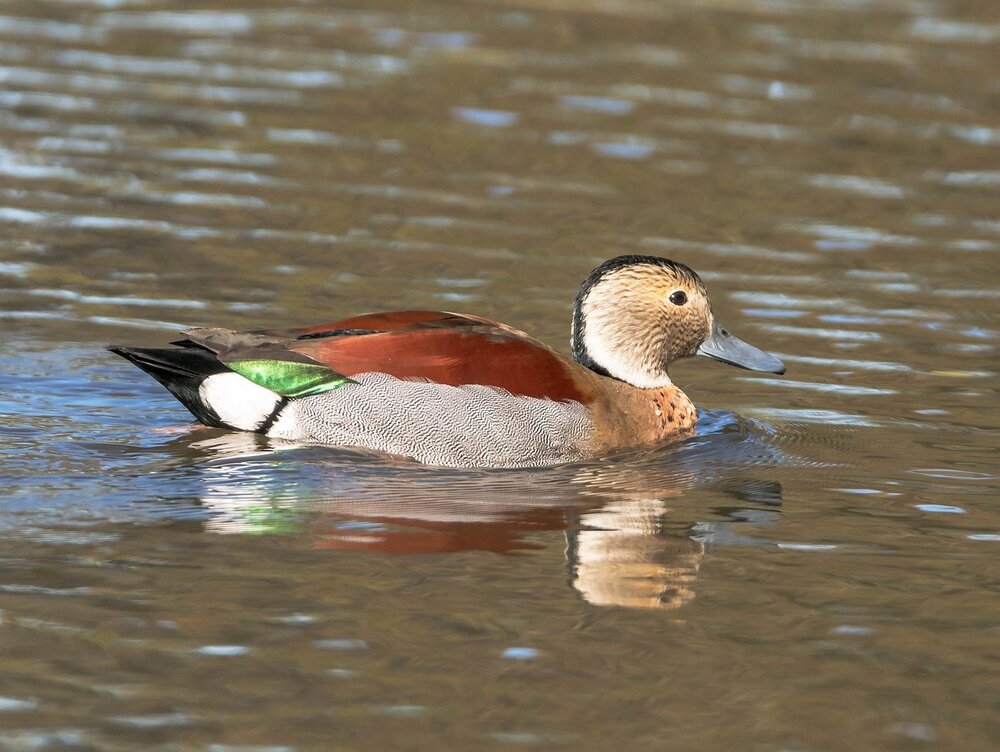Diagnosis done on Cobar's dead ducks
Emma Datson
26 March 2023, 8:20 PM
 An Australian wood duck, one of the two breeds of ducks that were in the "duck mortality event" around Cobar in February. IMAGE: Pixabay
An Australian wood duck, one of the two breeds of ducks that were in the "duck mortality event" around Cobar in February. IMAGE: PixabayDuring February there was a spate of dying and dead ducks in Cobar and the diagnosis has been made - a low risk variety of Avian influenza and authorities say there is no cause for concern.
The issue seemed isolated to Cobar and there have been no reports of ducks dying in surrounding Western Plains towns nor does it seem to be affecting other breeds of birds.
The "deaths seem to be limited to ducks, particularly Australian Wood and Teal Ducks", said Lauren Leicester, Veterinarian at the Kidman Way Veterinary Surgery.
"We are aware of a duck mortality event in Cobar on Tuesday 28 Feb 2023, affecting approximately 20-30 ducks," Local Land Services told the Western Plains App.
"This follows an event earlier in the month where around twenty ducks died".
At the time, Ms Leicester said the samples of deceased animals were sent to Taronga Zoo in Sydney for post mortem and fresh blood samples from live birds were sent to the Elizabeth Macarthur Agricultural Institute (EMAI) at Menangle.
"We are concerned about poisoning or an infectious origin causing the bird deaths," she said.

Caption: The Cobar Newey, one of the places that ducks are known to gather
[Image E. Datson]
Local Land Services now advise that the cause of the "duck mortality event" is a lower risk version of Avian influenza, commonly known as 'bird flu'.
Zi Yi Lim, District Veterinary Officer, told the Western Plains App that the 14 teal ducks submitted for analysis in late February did not have the "highly pathogenic (HPAI) variety of Avian influenza, which is an emergency animal disease and not present in Australia".
"The birds did however show evidence of low pathogenic (LPAI) avian influenza, which is significantly less serious and circulates among wild bird populations in Australia," Mr Lim said.
"It is important a distinction be made of the two varieties as they result in vastly different consequences. The public does not have cause for concern in this case."
Zi Yi Lim further said "that whilst there have been occasional duck deaths since, these are not considered significant".

A teal duck, one of the breeds of ducks that were in the "duck mortality event" around Cobar in February. Image: Beto on Pixabay
However members of the public are reminded to take precautions and make a report if they find a dead or dying duck.
"The community needs to be cautious," Ms Leicester said.
"Make sure to wear gloves if handling the animal and wash hands after touching the bird.
"If someone finds a dead duck - we recommend double bagging the remains and calling LLS Cobar for advice on how to dispose (02) 6836 6000. "
If you find a sick or injured bird - they can be dropped off to Kidman Way Veterinary Clinic, Blakey St, or call WIRES on 1300 0940737".
Local Land Services, Cobar Shire Council and the EPA (Environmental Protection Authority) are continuing to monitor - and investigate - the situation.
Zi Yi Lim, said "further testing with regards to toxicological analysis is being performed by the NSW EPA, and further comment may be sought from that agency".
However, when the Western Plains App contacted the EPA for comment, we were directed to the Department of Primary Industries.
Avian influenza is a notifiable disease in Australia, as the HPAI version must be ruled out, as it was in this case.
For further information on how to report a suspected case of avian influenza see Department of Primary Industries Avian Influenza page



